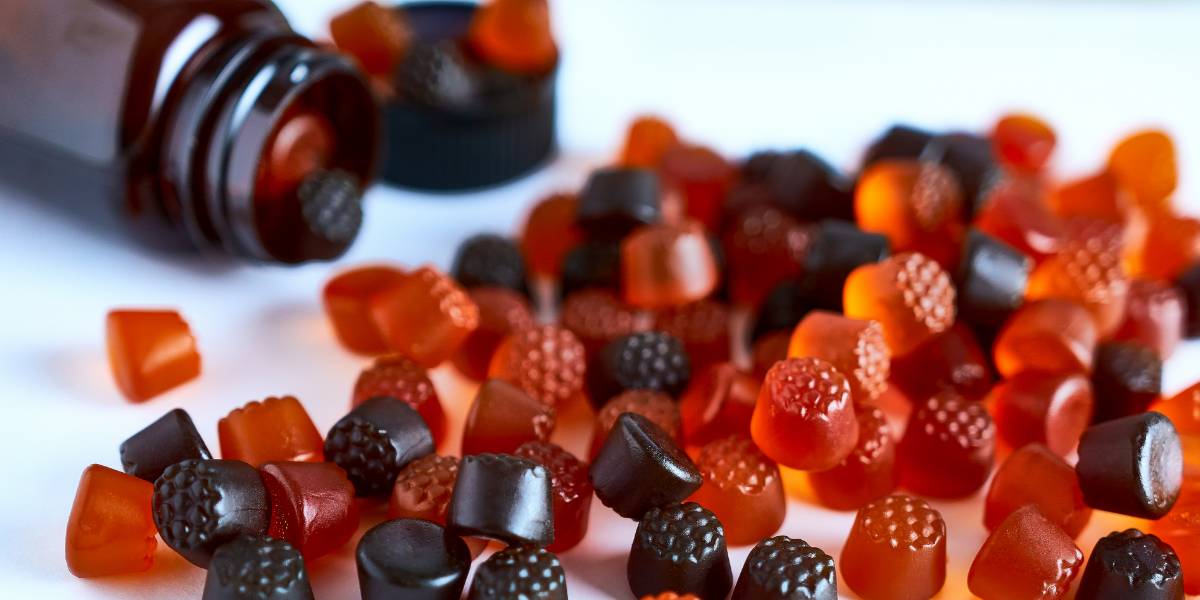A specialist programme should be drawn up for mid-life women at risk of type 2 diabetes that takes into account the hormone changes associated with the menopause, one health expert has said.
The NHS Diabetes Prevention Programme was launched for anyone over the age of 40 who is on the edge of developing type 2 diabetes, known as prediabetes.
The programme, which was set up seven years ago, offers diet and lifestyle advice with health coaches but for middle-age women in particular, it may not always work. This group of women struggle to lose weight, have less success in reducing their blood sugars and are more likely to quit the programme.
Consultant Endocrinologist Professor Annice Mukherjee says there is good reason for this, explaining: “As we approach menopause, the hormone changes can affect how we store fat and can cause it to accumulate around organs such as the liver and pancreas. This fat can increase our risk of type 2 diabetes, as the body becomes more resistant to insulin, the hormone that works to store excess sugar.
“To me, it is unsurprising that women going through the menopause struggle to engage with the NHS diet plans. When you’re exhausted because you can’t sleep, you’re aching, sweating all night and having hot flushes during the day, you’re more likely to reach for comforting carbs than healthier options. We need to find what works and what level of support would be most helpful.”
With type 2 diabetes raising the risk of heart attack, stroke and dementia, initiatives like the NHS Diabetes Prevention Programme can help prevent people from developing the condition and can reverse prediabetes. This can be done through an improved diet, exercise and losing weight.
Ex-Olympic triple-jumper Michelle Griffith-Robinson was diagnosed with prediabetes in 2018. The 51-year-old, an ambassador for Diabetes UK and patron for Menopause Mandate, was told she is now clear of the condition.
She said: “It can’t be a one-size-fits-all approach. I’ve always exercised and I eat healthily – but I had low energy, low libido, brain fog, low mood, skin changes – that sort of lacklustre feeling. Starting HRT proved the turning point.”
“The goals are not being diabetic and wanting to thrive at this stage of your life. Why not do both?”
Professor Mukherjee added: “My advice is to make small changes you can sustain that don’t make you feel exhausted. Climb an extra flight of stairs. Go for a walk. Pile your plate with healthy food.”





